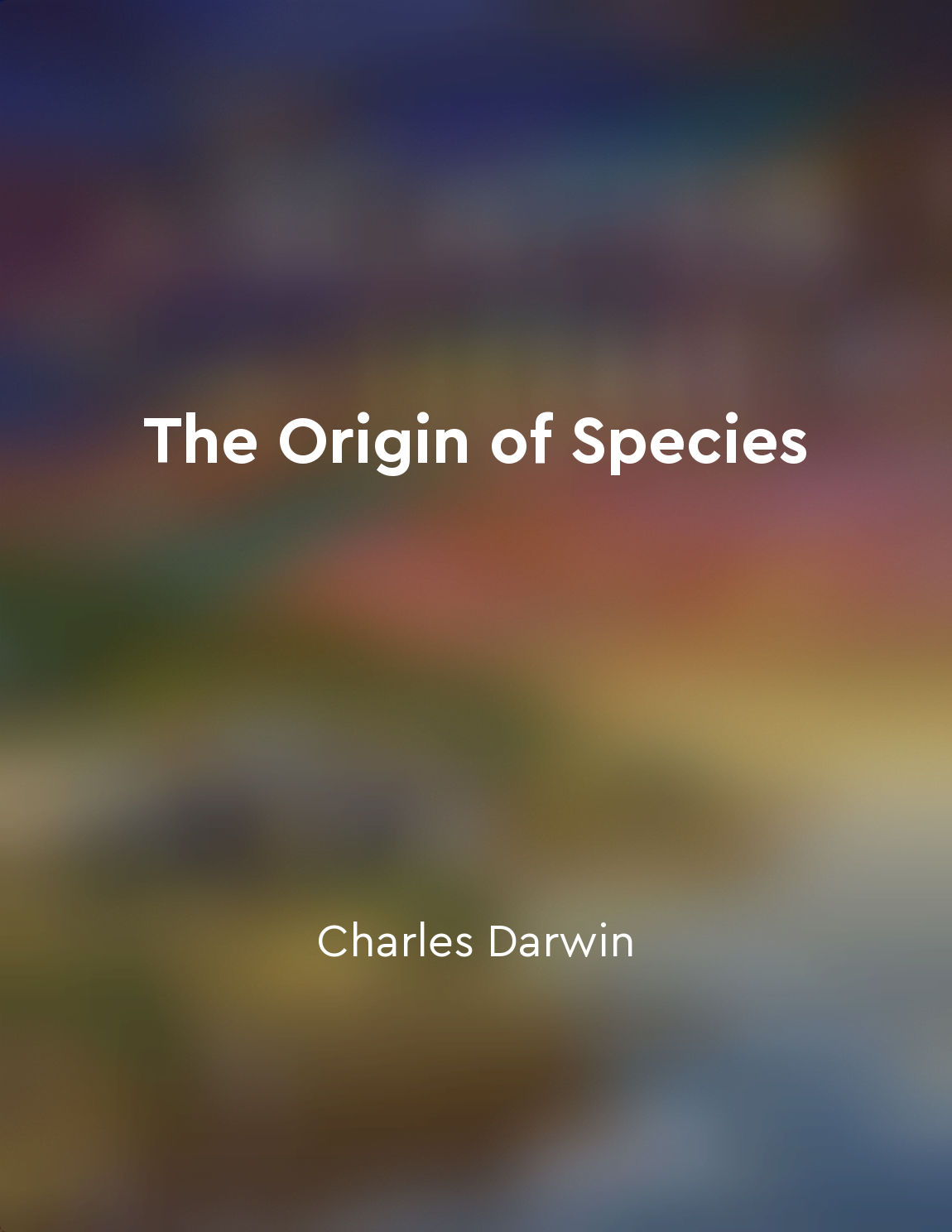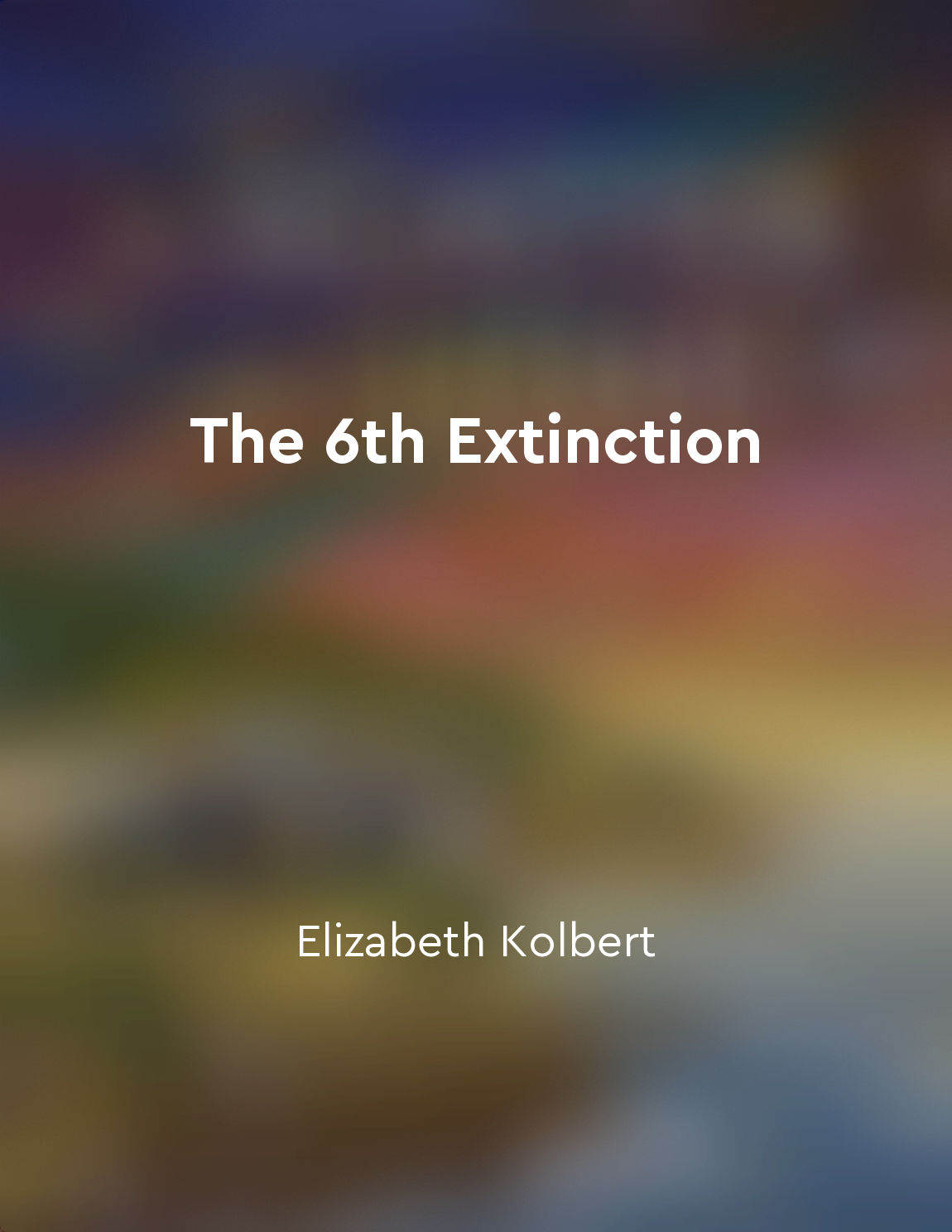Audio available in app
The loss of species can disrupt ecosystem services vital to human survival from "summary" of The 6th Extinction by Elizabeth Kolbert
Elizabeth Kolbert explores the consequences of the ongoing mass extinction event on Earth in her book 'The 6th Extinction'. One key concept she delves into is the critical connection between the loss of species and the disruption of ecosystem services vital to human survival. Ecosystems provide a wide range of services that are essential for human well-being, including clean air, fresh water, food, and medicine. These services are maintained by the interactions between various species within an ecosystem. When species become extinct, these interactions are disrupted, leading to a loss of ecosystem services. For example, certain plants and animals play crucial roles in pollination, seed dispersal, nutrient cycling, and pest control. If these species disappear, the functions they perform are compromised, resulting in reduced agricultural productivity, increased vulnerability to diseases, and a decline in overall ecosystem health. Moreover, the loss of species can trigger a domino effect within ecosystems. As key species disappear, the entire ecosystem can collapse, leading to further extinctions and a cascade of negative impacts on human societies. This scenario has been observed in past mass extinction events, such as the Permian extinction, which wiped out 95% of marine species and had profound consequences for global ecosystems. In the face of the current extinction crisis, it is crucial to recognize the interconnectedness of species and the services they provide. Protecting biodiversity is not just about saving individual species; it is about safeguarding the intricate web of life that sustains us all. Failure to address the loss of species and its impact on ecosystem services could have devastating consequences for human survival in the long run.Similar Posts
Building a sense of community around environmental issues
Chris Turner argues that in order to effectively address environmental issues, it is crucial to build a sense of community amon...
Agriculture pollutes waterways
Agriculture, the very activity that sustains us, is also a major contributor to water pollution. Farmers often use fertilizers ...
Empowering farmers with knowledge and resources is vital for ensuring food security
To ensure food security, it is essential to empower farmers with the necessary knowledge and resources. This empowerment enable...

Natural selection acts on existing variations
Natural selection, as I have explained earlier, is the process by which certain traits become more common in a population over ...
By following these rules, we can help protect the world we live in
The rules of nature may seem complex and mysterious, but they are actually quite simple and straightforward. By understanding a...

Extinction is a loss not just for the species themselves, but for humanity as a whole
The idea that extinction is a loss not just for the species themselves, but for humanity as a whole, is a central theme in 'The...

The history of mass extinctions can provide insights into the present crisis
The history of mass extinctions offers a lens through which we can view the current ecological crisis. By examining past events...

Species are disappearing before they can even be studied
The rapid rate at which species are disappearing is a major concern for scientists worldwide. One of the most alarming aspects ...
